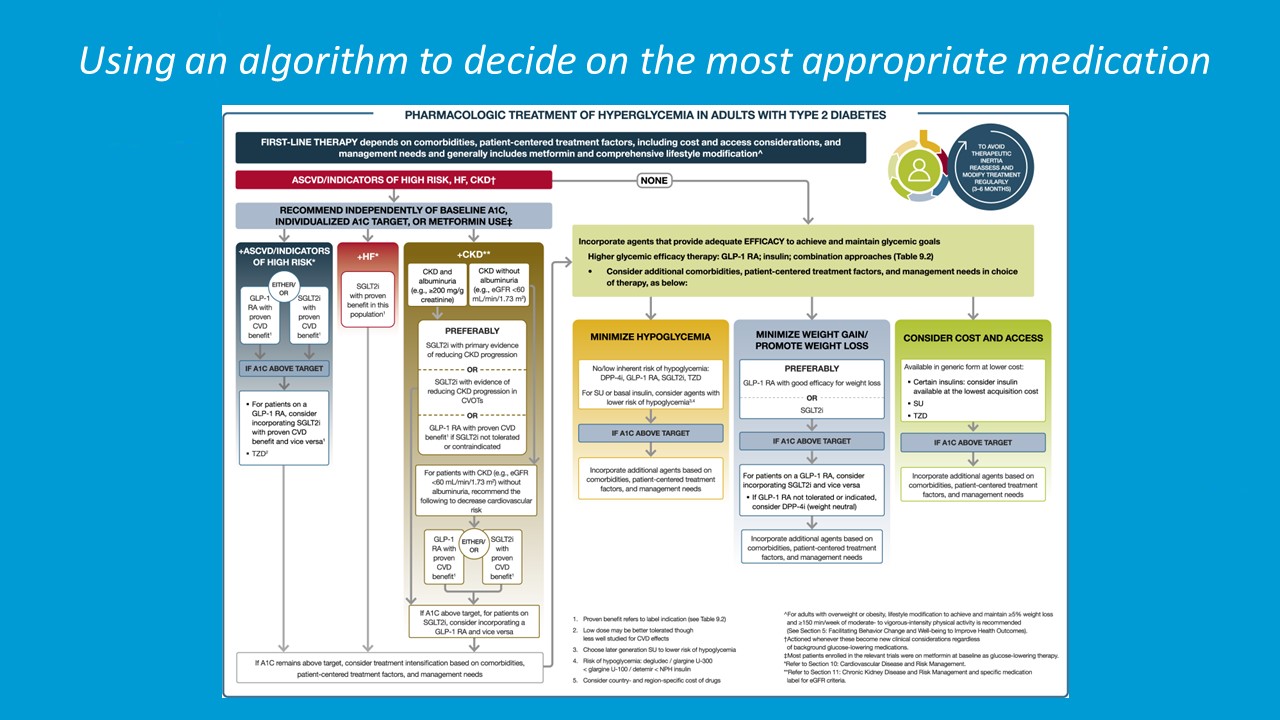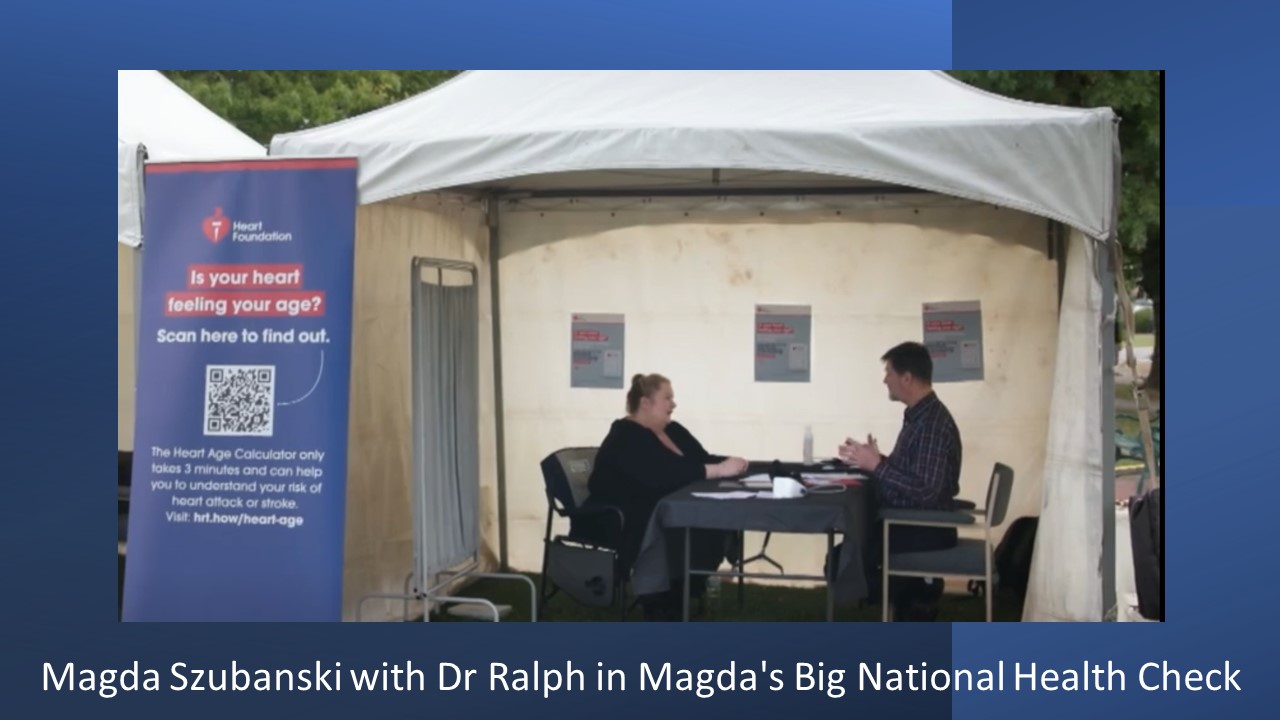FREE Glucose lowering medications by Associate Professor Ralph Audehm
 Anthea Talliopoulos, APD
Anthea Talliopoulos, APD
From more traditionally used medications such as biguanides (including metformin) and sulphonylureas, to more recent advancements in injectable drugs such as GLP-1 receptor agonists, the range of glucose lowering medications is continuously increasing. As dietitians and health professionals, it can be difficult to remain up to date on all of the diabetes medications available, including their mechanism of action, pros and cons, and nutritional implications.
In this informative presentation, experienced General Practitioner Associate Professor Ralph Audehm provides his knowledge and expertise on glucose-lowering medications in a practical manner. He delves into the clinical pertinence of glucose lowering medications, and the importance of considering the optimal pharmaceutical treatment in optimising glycaemic control and preventing long-term microvascular and macrovascular complications. Amongst these medications Ralph explains that metformin should be offered as an initial treatment, unless poorly tolerated or in the case of poor renal function (GFR <35, in which SGLT2 inhibitors can be considered). He also thoroughly explains the mechanism of action of one of the most recently and increasingly commonly used GLP-1 inhibitor receptor agonists, which work through mimicking the effects of GLP-1 to promote food-dependent insulin secretion, through the incretin effect. Unlike drug classes such as the gliptins or the sulphonylureas, GLP-1 receptor agonists do not cause hypos as the glucose-lowering effects are food-dependent.
The ADA Medication and the NDSS medication algorithms are also explained, providing a guide on the general prescription of these drugs. Second line treatments (or the consideration of combination medications) are ideally prescribed early, when HbA1C exceeds 7.2%, and insulin considered if this is not effective.
As with any chronic health condition, diabetes burden should be considered, and the social determinants of health appropriately addressed in supporting individuals in optimising glycaemic control.
Summary:
- Increasing advancements in glucose-lowering medications and drug combinations can be difficult to remain up to date on. The effect of these medications and risk of hypos can impact of the dietary management of diabetes as well as on weight-management.
- GLP-1 receptor agonists are increasingly being utilised, being favoured for lowering blood glucose levels without causing hypos, lowering the glycaemic index of food, providing a sense of fullness and satiety, whilst also reducing the risk of heart disease.
- In tailoring nutritional advice to individuals on these medications, as with any other condition, pill burden, burden of disease and the social determinants of health should be considered.
Associate Professor Audehm is a general practitioner who has worked for over 30 years in general practice and has instigated and supported many initiatives to systematically improve health outcomes for people with diabetes and heart disease.
A/Prof Audehm has close links to the Department of General Practice, University of Melbourne, and participates in research and teaching of medical students, GP registrars and General Practitioners.
To register for the presentation and associated documents including the assessment quiz click here

